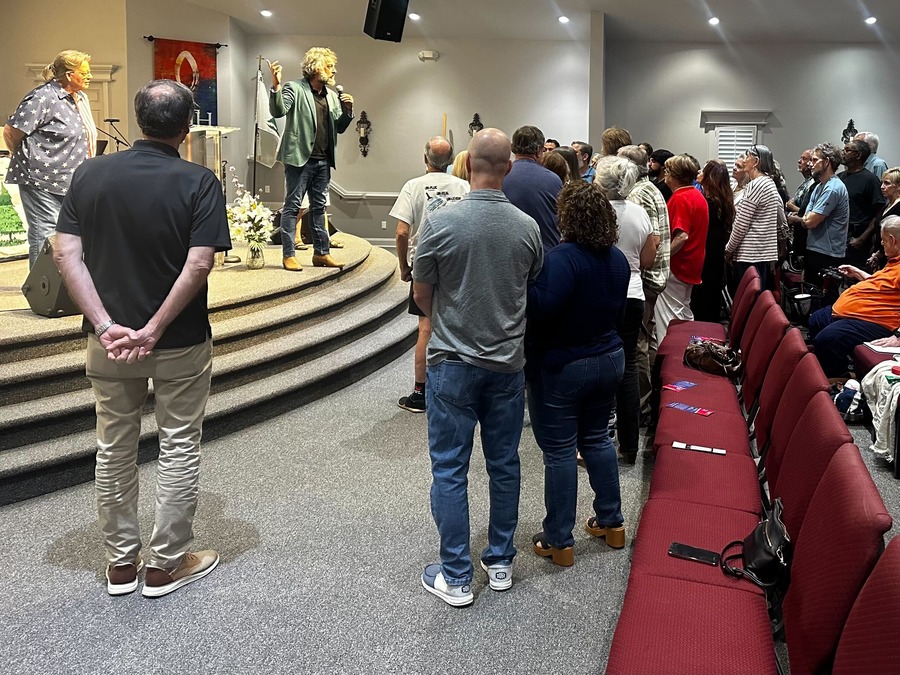On the Tired War v. Law Enforcement Distinction
I agree with much of what Wells says in response to Bryan Cunningham’s piece on War v.
Published by The Lawfare Institute
in Cooperation With

I agree with much of what Wells says in response to Bryan Cunningham’s piece on War v. Crime, but thought I would add my two cents.
It is not fair to say, as Bryan does, that the attacks in France were a “consequence” of a return to a “largely law enforcement approach to terrorism” by the Obama administration. Set aside the dubious causal link. The Obama administration has hardly brought us back to a law enforcement approach. Bryan gives away his argument (but understates the counterargument) when he cites “the notable exceptions such as drone strikes and recent military actions against ISIS.” In truth, Obama continued most elements of the Bush approach circa 2009. Yes, Obama killed off the already-comatose interrogation and detention program; and refused to bring new detainees to GTMO; and (like Bush) tried captured terrorists in civilian court; and wound down the heavy wars in Afghanistan and Iraq. But Obama also continued military detention without trial and military commissions; he continued aggressive domestic and global surveillance; he gave the AUMF a much broader interpretation than did Bush; he used his Article II Commander in Chief powers as a basis for air strikes against terrorists; and most notably, he ramped up and expanded the stealth elements of offensive warfare – drone strikes and Special Operations tactics and cyberattacks – in many countries. Sorry, this is not a return to a “largely law enforcement approach to terrorism.”
But the real point is that the law enforcement v. war distinction is useless. It was never a sharp distinction, and always depended on changing context. The problem posed by the Islamic terrorist threat requires redress by military force and law enforcement (among other things), working in combination. I do not believe, as Bryan says, that “the legal profession has been woefully negligent in finding solutions.” The legal profession has for fourteen years been groping towards a middle way that combines both approaches into something new. But the issues are hard, there are many tradeoffs, information is scarce, and of course policy-makers have a say. In light of the Paris attacks, the combination of military and law enforcement tactics will no doubt be modified, and the allocation of resources altered. There is no magic formula, no ideal resting point of authorities and restraints, that we are suddenly going to hit upon. And arguments about law enforcement v. war are not going to advance our understanding.
Jack Goldsmith is the Learned Hand Professor at Harvard Law School, co-founder of Lawfare, and a Non-Resident Senior Fellow at the American Enterprise Institute. Before coming to Harvard, Professor Goldsmith served as Assistant Attorney General, Office of Legal Counsel from 2003-2004, and Special Counsel to the Department of Defense from 2002-2003.





